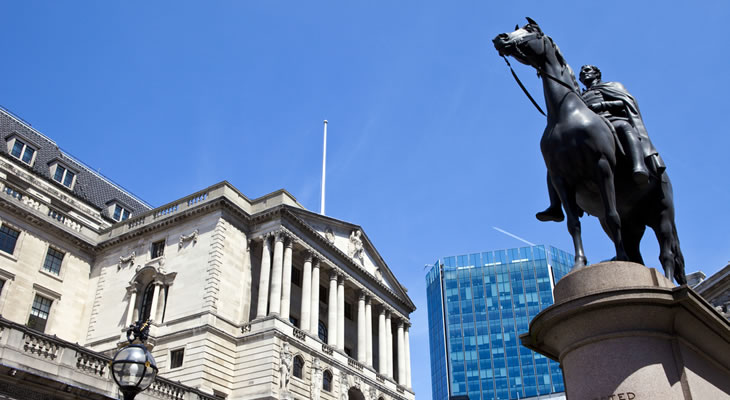GBP/AUD Exchange Rate Weakens as UK Inflation Slumps to Four-Year Low
The Pound to Australian Dollar (GBP/AUD) exchange rate is on the defensive this morning after the UK’s latest consumer price index reported inflation slumped to a four-year low in May.
At the time of writing the GBP/AUD exchange rate is trading at around AU$1.8195 down roughly 0.3% from this morning’s opening rate.
Pound (GBP) Poised to Fall? Low Inflation Increasing Pressure on BoE
The Pound (GBP) is facing some headwinds through the second half of this week as the UK’s latest inflation figures look to put more pressure on the Bank of England (BoE) to ease its monetary policy.
According to data published by the Office for National Statistics (ONS), headline inflation in the UK slowed from 0.8% to 0.5% last month, striking its lowest levels since June 2016 following a sharp plunge in fuel costs in the wake of a collapse in oil prices.
For GBP investors, this slump in inflation adds to speculation that the BoE will announce an expansion to its stimulus programme on Thursday.
James Smith, developed markets economist at ING, comments:
‘The bottom line is that inflationary pressures are likely to remain fairly muted for the time being. This, in turn, will keep the pressure on the Bank of England to maintain its current degree of stimulus, and we expect a further £150 billion of QE to be unveiled this week.’
However, there will also be questions on how a low inflationary environment could impact the BoE’s stance on unconventional monetary policy, amidst the ongoing debate on whether the bank could explore the possibility of negative interest rates.
Australian Dollar (AUD) to be Weakened by Domestic Jobs Report?
At the same time, the Australian Dollar (AUD) is likely to face some hurdles overnight with the publication of Australia’s latest jobs report.
Economists forecast that Australia’s unemployment rate will have rocketed up from 6.2% to 7% in May, as the country’s lockdown measures cost another 125,000 people their jobs.
This would propel domestic unemployment to its highest levels in over 15 years and make life even more difficult for the Reserve Bank of Australia (RBA), which has already lowered interest rates to a record low during the coronavirus crisis.


Comments are closed.